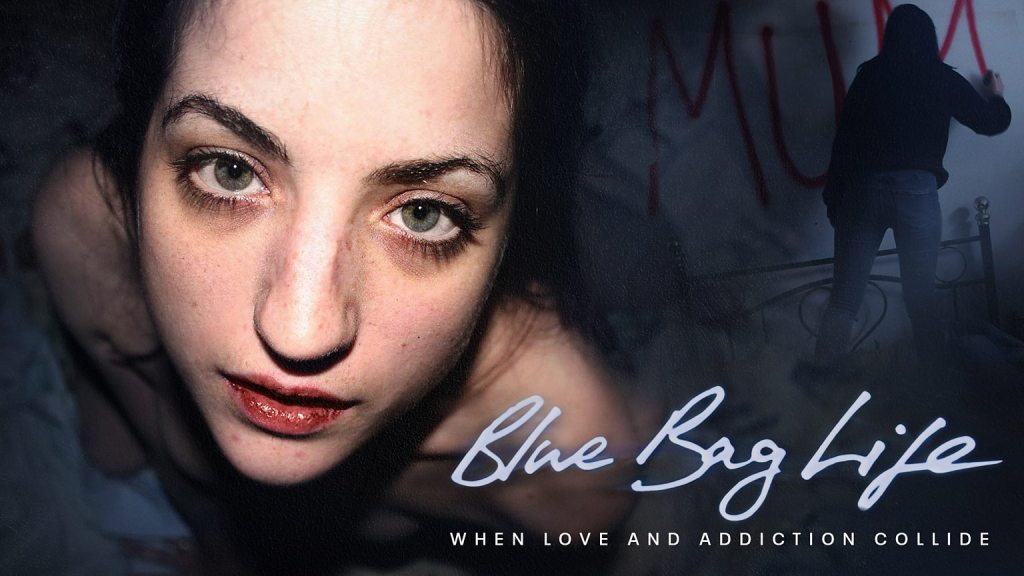
https://www.bbc.co.uk/iplayer/episode/m001lspj/storyville-blue-bag-life
Blue Bag Life won the audience award at the 2022 London International Film Festival. As any artist or writer knows, “Who are you?” or “What are you?” can mean different things. We are all different people. Lisa Selby’s passion is filmmaking. She turned the camera on herself and documented her fractured life. Not everything made the cut, but there’s a raw honesty that’s appealing.
‘Disconnection is the only mothering I’ve ever known.’
‘At Primary School my nicknames were “Disease” and “Witch”. I was sure Helen gave me up because of some disease I had…I thought maybe she didn’t want to be called ‘Mum’ cause I was too dirty.’
Helen is Lisa’s mother. She left her when she was ten. Ran away with her lover and her dad brought Lisa up, a single parent. Usually, that’s the kind of thing men are good at.
Helen had six months to live when Lisa tracked her down to a filthy council house in London, where she stayed with her current—and much younger lover—her mother was unrepentant. In her fake furs, including a natty hat, with a can of Special Brew in one hand and a cigarette in the other, she explained it wasn’t really her fault. After Lisa’s birth, she had been sectioned in a psychiatric ward, which made her incapable of being a proper person, never mind a mother. Her love for drugs was stronger than her maternal instinct. She favoured opiates with a smattering of hallucinogenics.
There was always a fag in her mouth, as there was in Lisa’s. Lisa met Elliot, her boyfriend, after attending an AA meeting. A self-proclaimed alcoholic, Elliot had also been addicted to heroin, like her mum.
‘Heroin was Helen’s favourite. Heroin was Elliot’s favourite.’
We know where this is going. ‘I was drawn to the dark things in life. But this was a different kind of dark,’ admits Lisa.
‘I’ve just found out that my mum is in a hospice. She has cancer. They won’t give her chemotherapy because she’s a heroin addict. I don’t know why. I don’t know why I’m filming this. It just makes me feel less alone.’
Who are you? What are you? You decide. If life was only that simple, it could be scripted and the chaos of fucked-up lives reigned in?
- 😈 “Unleash the Beastie! https://bit.ly/bannkie
- 📚 Share the Magic, Share the Page! 🌟 #BeastieNovel #BookBuzz” 😈
- https://bit.ly/bannkie




